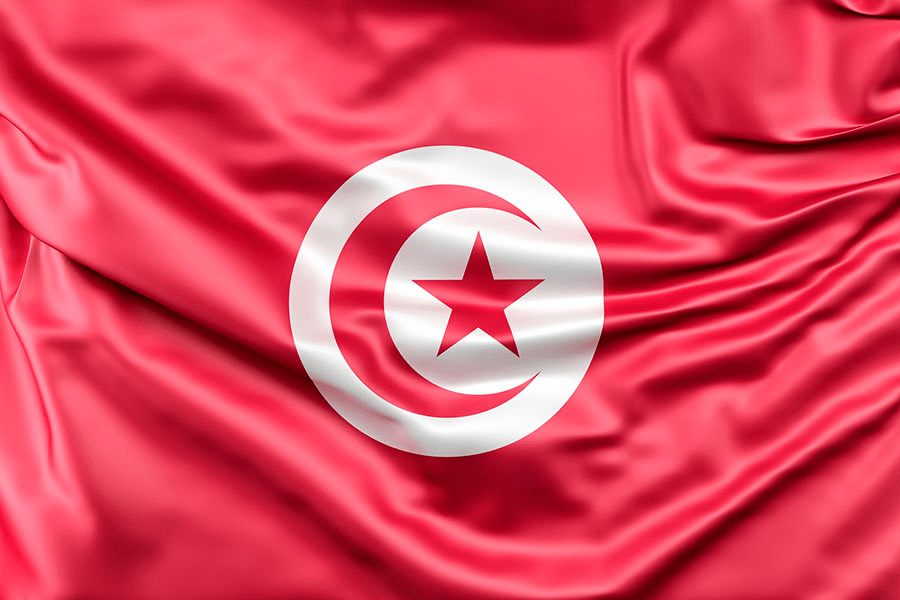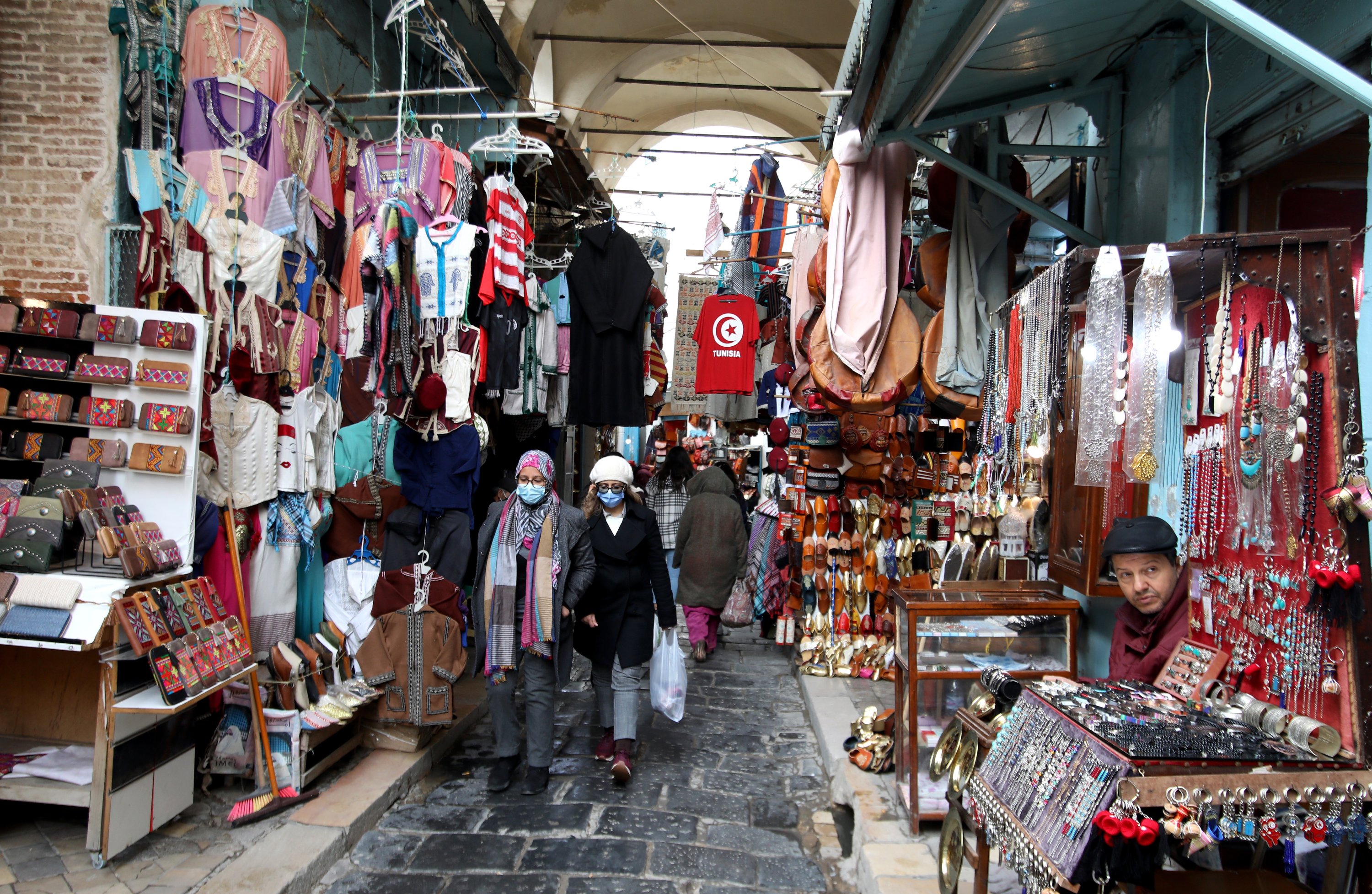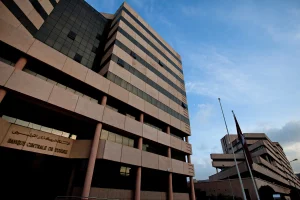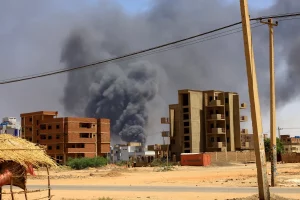Tunisia: Carnegie report warns of impending debt crisis

Elation over a shipment of bananas has brought Tunisia’s grave economic situation into focus, according to Middle East Monitor on March 27th.
While Tunisian expert opinion has been suppressed under President Kais Saied’s administration, a January 23rd Carnegie Middle East Centre report outlined the country’s developing debt crisis and three potential scenarios for the coming months.
The report stated that Tunisia’s “acute commodity shortages,” are the result of a poor agricultural season and scarcity of foreign exchange, particularly with products distributed by state owned enterprises (SOEs).
This Saied won’t admit, stressing “the need to combat speculation and rising prices” and calling on citizens to “boycott the goods with prices that such speculators and monopolisers are raising”, though it is common knowledge that such goods are scarce due to the state’s inability to secure them and not because of monopoly.
In its 2023 budget, Tunisia’s government planned to borrow around $5 billion from international partners to finance its primary deficit and service the public debt.
However, as the country risk rating has risen, it has lost access to the Eurobond market as-well-as bilateral and multilateral cash flows initially pledged to the country and conditioned on an International Monetary Fund (IMF) agreement. As a result, Tunisia is unable to borrow more than half of what it needs, increasing pressure on the domestic financial market.
Under Saied, who has ruled by decree since his 2021 power grab, Tunisia has also lost the democratic legitimacy that allowed it to access cheap and plentiful financial assistance from Western partners and institutions. As the North African country enters a presidential election year, decision-makers face a major dilemma as “a hard economic adjustment risks unleashing a socio-political crisis,” according to the report.
Unrest been growing in the country as of late, with a March 2nd protest called by a confederation of Tunisian trade unions drawing thousands, according to AFP. Confederation head, Noureddine Taboubi, criticized the implementation of “diktats” from the IMF at the expense of ordinary Tunisians, and said the state’s inability to service foreign debt has been “to the detriment of the people and has resulted in shortages of basic products.”
READ: Tunisia: Thousands protest about economic blues
The report adds that while “buying time is easiest politically,” it may only postpone the crisis and lead to an even larger explosion without a completely new style of leadership. The “best option” therefore lies in “promoting economic growth in order to overcome the imminent challenges,” currently impossible due to the country’s political suffocation.
The report’s first scenario is that Tunis’ reluctance to enact reform will keep its internal and external deficits large which the country will be forced to cover through local loans, postponing the payment of outstanding arrears and printing banknotes.
The second is that, by agreeing on a strategy with the IMF, enacting domestic reform, and bilateral financing agreements with other countries, pressures on external accounts will ease.
The third scenario involves launching a credible reform process that succeeds in driving economic growth, addressing the country’s debt burden.
Currently, the country’s economic situation appears to be in line with the Carnegie report’s first scenario, as Tunisians queue to obtain limited amounts of basic commodities as if in a time of war.
READ: MEP’s allege EU aid to Tunisia went directly to Saied’s pockets
Meanwhile, the Saied administration host foreign heads of state to discuss matters far-removed the concerns of the overall population, such as a proposed plan to convert parts of the Tunisian desert into green space.
Middle East Monitor / AFP










